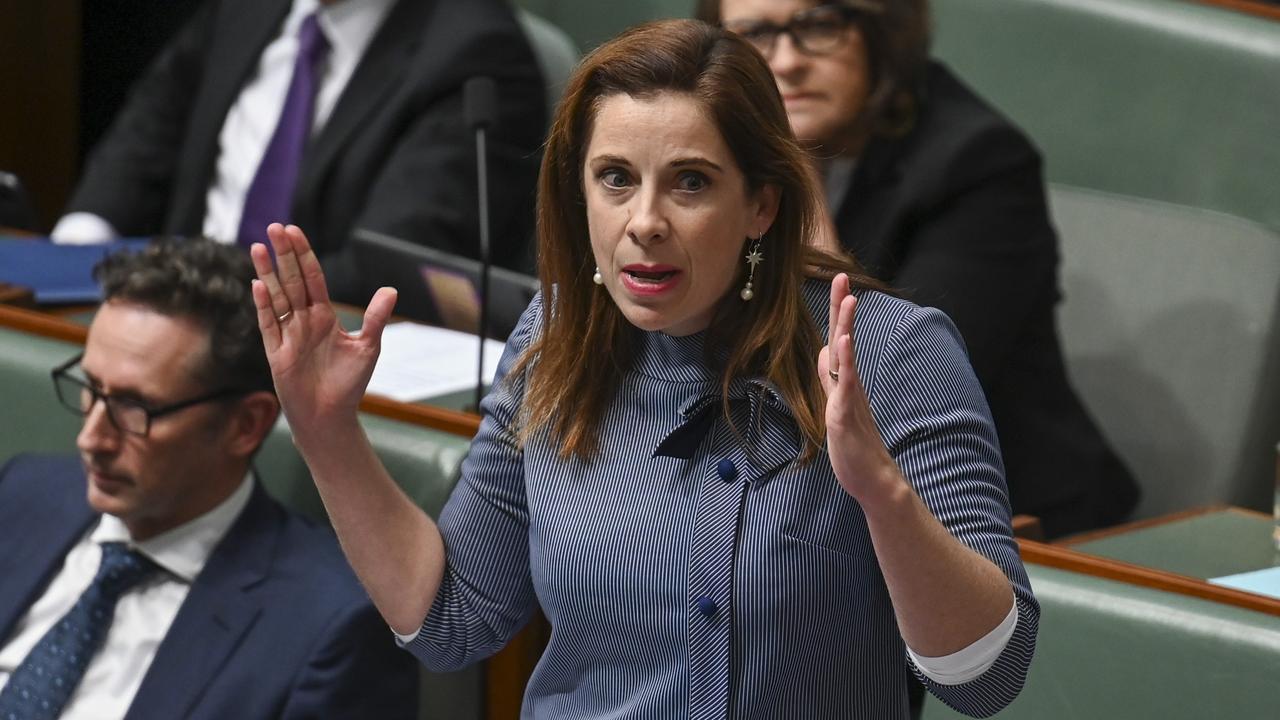Claims that a pay boost for some 350,000 aged care workers could fuel inflationary pressures have been rubbished by Aged Care Minister Anika Wells.
On Friday, the Fair Work Commission awarded increases of up to 13.5 per cent on top of 15 per cent granted last year for employees across the industry at a cost of roughly $3.3bn over the four year forward estimates period.
But following the decision, some commentators and economists warned the boost to pay packets could trigger a phenomenon known as a ‘wage price spiral’ which occurs when inflation rises as a result of higher wages that consequently fuels spending.
“We don’t have inflationary problems in this country because our lowest paid workers are being paid too much,” Ms Wells told Sky News on Sunday.
Ms Wells said pressures on local prices had been imported from overseas, and cited the war in Ukraine which exacerbated food and fuel shortages.
“We are in an inflationary cycle and there is uncertainty across the globe,” she said.
“I’d point those commentators with concerns to the fact that both the RBA governor and the Treasury secretary have said that we aren’t in a wage price spiral in this country,” Ms Wells added.
Price pressures remain elevated but have cooled markedly in recent months, cooling to 3.4 per cent in the year to January, according to recent data released by the Bureau of Statistics.
However, inflation in the labour intensive services sector remains more stubborn, and has been frequently cited by Reserve Bank governor Michele Bullock as a growing cause of domestic price pressures.
Under the Commission’s ruling, direct care workers, including nursing assistants and personal care attendants will receive a boost to their pay packets of between 3 and 13.5 per cent, while home care workers were awarded increases of between 4 and 11 per cent.
A further 100,000 indirect care workers, such as cleaners and catering staff, who did not receive any pay rise last year from the industrial umpire’s ruling, will get an increase between 3 to 7 per cent.
In its judgment, the Commission’s expert panel cited “work value reasons” for the increase to minimum pay rates being “increased substantially” beyond the July 2023 increase of 15 per cent.
“The work of aged care sector employees has historically been undervalued because of assumptions based on gender,” it said.
The decision follows a 15 per cent pay hike in July last year for 250,000 direct care workers, which came at a cost of $11.3bn over the forwards.
Government still mulling aged care review recommendations
The ruling comes just days after Ms Wells released a long-awaited review of the aged care sector.
Chief among its recommendations were calls for retirees to pay new co-contributions for daily living and accommodation costs in residential aged care, while those receiving at home care would also pay more through a fee-for-service model.
“It’s essentially a grand bargain where everyone in the aged care sector needs more from taxpayers,” Ms Wells said.
“We need to make sure we get that balance right.”
But Opposition frontbencher Michaelia Cash said the Coalition had not yet received sufficient information regarding the review and still had questions over how the government would proceed with the recommendations.
“We will work with the government to ensure a more sustainable sector if they put forward appropriate reforms,” Ms Cash told Sky News in a separate interview.
